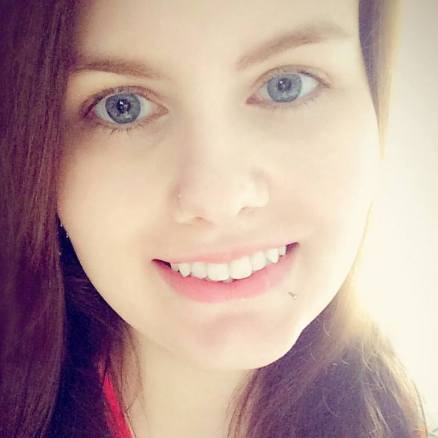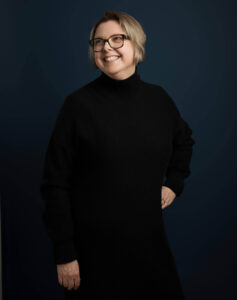Here are some things I learned from taking the comprehensive exam.
1) Think about the exam early on
2) Meet your examiners
At my university, we choose who our examiners will be. After selecting them, schedule a meeting with each professor so that you can discuss which areas you should focus on when you study. For my exam, the professors tailored the questions to my interests. A few of them based the questions off papers I had written for their classes, which made things less stressful since I was able to write about topics that I was already familiar with. Then, a week or two before the exam, schedule another meeting with them so they can answer any last-minute questions.
3) Form a study group
Form a study group with other students who will be taking the exam if possible. Even if the questions on the exam are tailored to your interests, you are still required to know the important theories from your field. Therefore, you may find it beneficial to study with others in your program.
4) Take it slow, and try not to panic
Before I took the exam, other students who had already passed theirs had told me that when they read the questions on the exam, they panicked. For this reason, they suggested that I take a few minutes to gather my thoughts at the beginning of the exam. Just as these other students had done, I also panicked, but realized I knew more than I thought I did. I spent some time drafting an outline for each question. By doing so, I knew what I would write about, which made answering the question more manageable
5) Focus on the bigger picture
With the number of readings that I needed to cover, it quickly became overwhelming. The more I studied, the less I felt I knew. As one of the examiners told me, “Don’t get caught in the weeds,” meaning that I should not be concerned with the small details. When taking the comprehensive exam, it is important to know the theories from your field, but make sure you see the larger picture and do not get bogged down with every little fact. It is impossible to study everything. While studying, I kept asking myself, “What if the examiners ask the one thing I didn’t study?”, but I now realize that I did not need to read as many books and articles as I did. It is better to focus on fewer things and understand them well, rather than attempting to read as much as you can.
The comprehensive exam, or “academic hazing,” as some of my friends jokingly referred to the exam as, is a stressful part of many PhD programs. These exams are given so that students can demonstrate that they have a command of their field. After passing, you are then able to start on your thesis and get to focus on a topic you have a lot of interest in.
Good luck!






